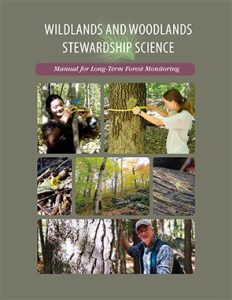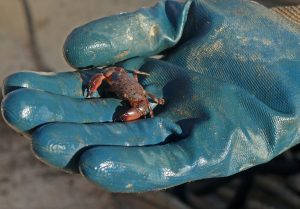The long-term nature of LTER sites imparts both an opportunity and a special responsibility to engage with our neighbors. Individual landholders and neighboring communities may be affected by the science that LTERs produce and the process of doing it. Industries and governments, too, may benefit from LTER science that can help them reduce environmental impacts and more efficiently manage valuable resources.
Depending on the location of the site, local and community engagement takes many forms, from citizen science programs to development of forward-looking scenarios, to art and science initiatives. Urban LTER sites are particularly well-suited to develop citizen science programs that bring community members into the research process. For example, the Baltimore Ecosystem Study maintains a robust partnership with the Parks and People Foundation, Civic Works (Baltimore’s non-profit youth service corps), and various watershed associations.

The privately-funded Science Policy Exchange works with six world-class scientific institutions and four LTER sites at the interface of science and policy. The consortium engages leaders in the government, nonprofit, and corporate sectors to define critical environmental challenges and identify knowledge gaps. They convene interdisciplinary teams to synthesize research addressing those gaps and communicate their results in formats, such as fact sheets and reports, that meet the needs of decision makers.

Credit: Erika Zambello/LTER CC BY-SA 4.0
Coastal LTER sites, such as Plum Island LTER, Virginia Coast Reserve, Georgia Coastal LTER, Santa Barbara Coastal LTER, and the Florida Coastal Everglades LTER, engage with coastal management agencies at the city, state, and national level to ensure that the most current science is available when decisions are being made about water management, coastal development, and nearshore marine resources.
Sites located in managed landscapes often work closely with farmers, the agricultural industry, and federal land managers to address questions of concern and to translate their findings into actionable guidance. Cedar Creek, Kellogg Biological Station, Konza Prairie, Jornada Basin, and Sevilleta LTERs are particularly active in this respect.
Most sites have their own newsletters for sharing updates with neighbors and community members and some also have local advisory councils. Find more details on the “About” or “News” pages of individual sites.










